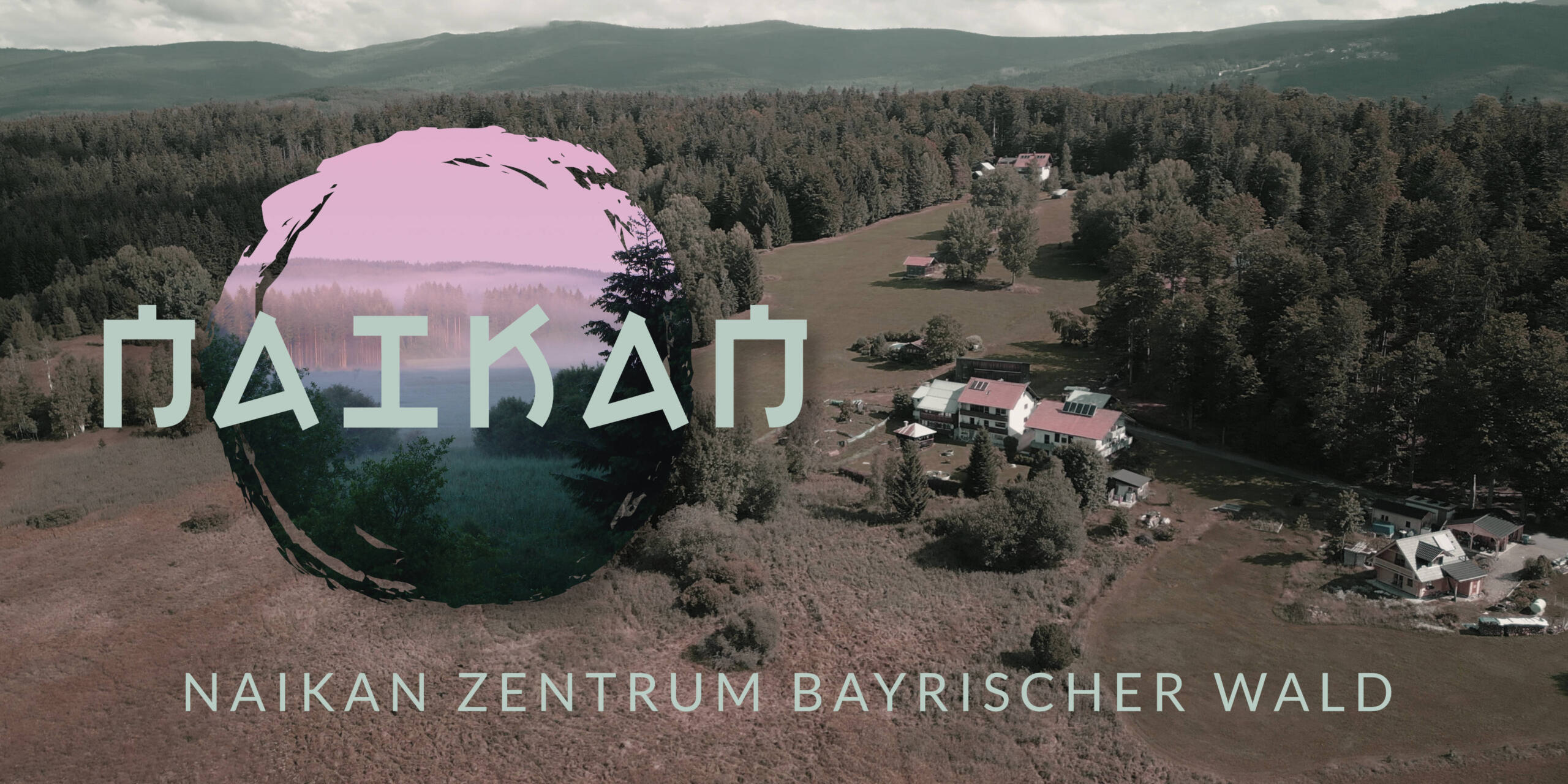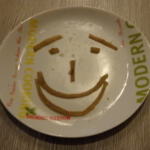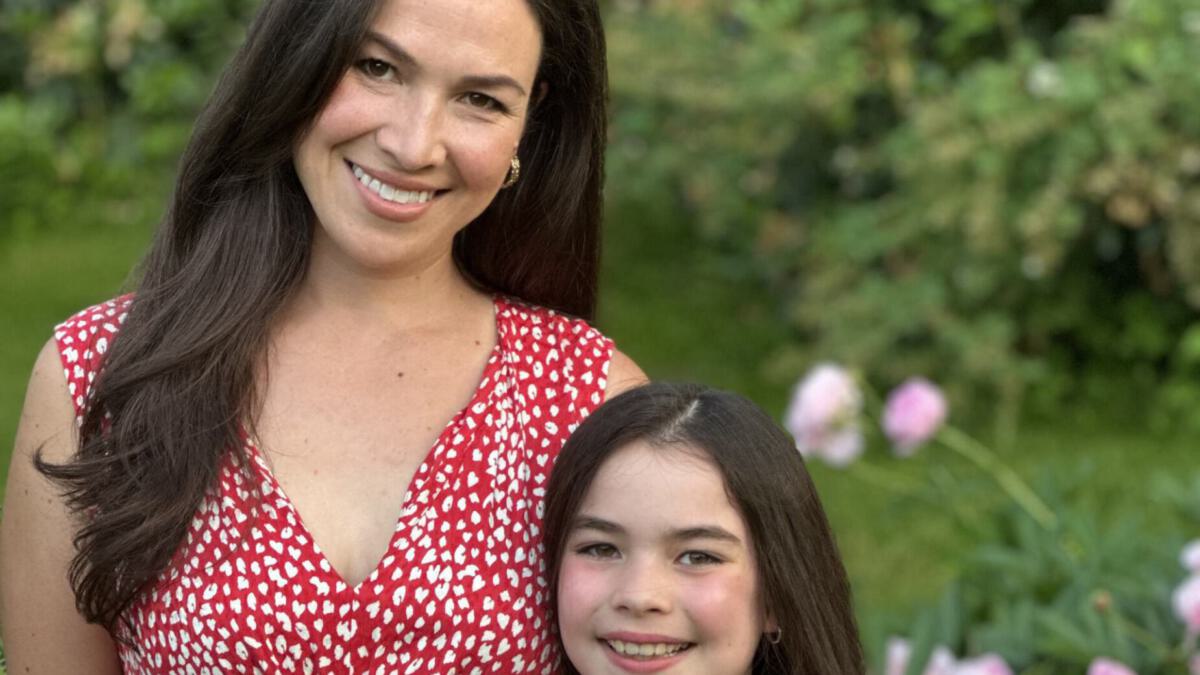
Current News
10. April 2024
A smile is the shortest path between two people
12. November 2024= Getting Closer
Lisa’s husband (Sofia’s father) had a serious accident that Sofia witnessed when she was seven years old. After that, he was bedridden and had to undergo two operations. Sofia was afraid that she would never have her dad back the way he was before the accident. She became sad and developed unwanted behaviors such as hitting and shouting at her mother to get rid of her frustrations. She also avoided her father because he reminded her of this painful experience. Nothing seemed to alleviate Sofia’s suffering or the difficulties the family faced…
…until Lisa found Naikan and read Gregg Krech’s book. She decided to try it with her daughter and saw an improvement fairly quickly, after just a few weeks. After doing Naikan over a longer period of time with Sofia, the unwanted behaviors disappeared and Sofia began to realize how much she was loved and supported, even during this difficult time.
Now, three years later, mother and daughter report on their Naikan experience in the journal “Thirty Thousand Days” from the ToDo Institute in Vermont.
Lisa und Sofia Houlbert – a true Naikan story
Lisa (Mother):
Sofia and I began doing Naikan reflection together in May, 2022. At the time, she was seven years old. Periodically, we’ve taken breaks from daily Naikan, but always return to the practice, especially when we are experiencing challenges in our relationship.
When Sofia and I do Naikan together, we sit down in a quite place each day, usually before bedtime, and set a timer for 20 minutes. We each have a journal where we answer the three daily Naikan questions:
- What have I received from others?
- What have I given to others?
- What troubles or difficulties have I caused to others?
We spend a bit more time on the third question than the first two questions. At first, Sofia was unsure about what type of answers to include, but quickly learned that giving and receiving includes more than material goods. After 20 minutes, we decide who will read their responses first. We do not comment on the responses, other than saying “thank you”. Sometimes we’ll give each other a hug or offer an apology, especially at times when we realize how we’ve caused each other difficulty.
Both Sofia and I have benefitted from daily Naikan reflection. There is a long list of benefits for both of us, but some of the main benefits for Sofia include taking more responsibility for her actions, actively seeking out opportunities to help others, greater awareness of how her actions might impact others and thinking before acting. She has also shown increased gratitude for what she receives.
Naikan has been eye-opening
Daily Naikan has been eye-opening for me and the world is a different place since beginning this practice. I always assumed I gave more than I received, but Naikan reflection has challenged that belief and shown me how much I receive from the world every day. Eventhrough the most challenging periods, I feel supported and connected to the world around me. Perhaps the greatest benefit, aside from the improved relationship with Sofia, is the ability to see situations with greater clarity and objectivity. The insight I gain from Naikan practice continually motivates me to improve, not only for my own benefit, but for the sake of those around me, and to make the world a little bit better each day.
Naikan reflection has brought Sofia and me closer together and has provided a meaningful way for us to spend time together and learn more about one another. It’s also enabled us to peacefully resolve convlicts or undesirable patterns in our relationship, without resorting to emotionally charged discussions or accusations. In sharing our answers, we realize how much we appreciate and support each other, even in the midst of family tension.
Parents do not only notice the misconduct of children
Sometimes children think we only notice their misbehaviour. Naikan has helped Sofia to see that I notice her positive contributions to the family and the world. Practicing daily Naikan has encouraged us to approach each day as a chance for a fresh start. Regardless of the challenges of the previous day, we both get an opportunity to do better. One of the most amusing benefits of Naikan has been to see Sofia’s delight when I read the list of difficulties I have caused. Yes, mommy makes mistakes too!
Lisa Houlbert, M.S., is a mental wellness coach in Vermont, currently studying Japanese Psychology with the DoTo Institute, and researching the effects of Naikan self-reflection in the family relations. She has a passion for gardening and cooking, which she shares with her daughter Sofia. Lisa can be reached by email .
Sofia (Daughter):
I started using Naikan because I was very sad and angry after my dad had an accident. Sometimes I took out my anger on my mom. Naikan was important because it helped me realize what I was doing, and I started controlling myself more. It is still important to me and helps me stay calm when I sit quietly in my room, reflect, and express my thoughts.
I really liked Naikan the first time I did it. I wasn’t sure I would have enough to write in my journal, but it turned out it wasn’t as difficult as I thought. The question about “what I have given to others” (question 2) was the most difficult one because I realized I don’t give other people as much as I receive. When I answered the third question about all of the difficulties I’ve caused, I didn’t want to admit I had done those things. But I acknowledged them, and I felt better letting it out.
Adults aren’t perfect either
I’ve learned that even if you cause difficulties it is good to write about it so you can realize what you’ve done wrong and then change how you do things the next time. I’ve also learned that I receive a lot more than I give. Now I would like to start giving more than I receive. When I do Naikan together with my mom, it reminds me that even grownups aren’t perfect. My favorite part of Naikan is answering the third question so that I know what I did wrong and I can change, so I won’t make the same mistake again. I love thinking about what happens each day and it makes me feel good when I realize that other people have done a lot for me and that I’ve done my best to do things for others. I also like spending time with my mom and sharing my thoughts from my Naikan journal.
Sofia Houlbert is a 10 year-old who loves tennis, art, and helping in the vegetable garden. She also loves learning about and practicing Naikan reflection with her mom.
Original English text from the ToDo Institute’s journal “Thirty Thousand Days” Volume 24, No.1/Page 13 – published with the kind permission of both the authors and the ToDo Institute.

